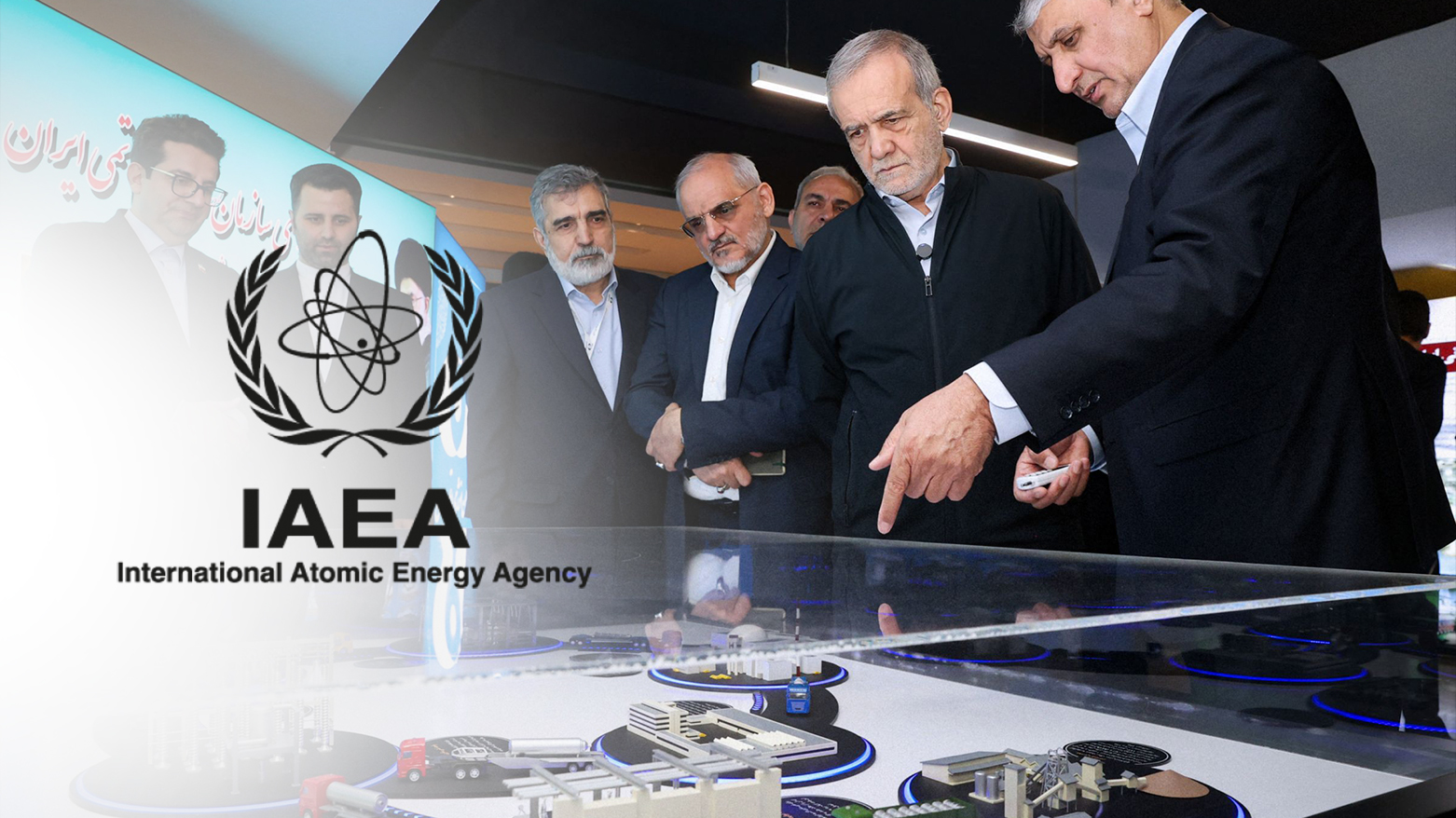IAEA Urges Iran to Explain Construction of Tunnels Near Natanz Nuclear Site
Rafael Grossi emphasized that under international nuclear protocols, countries are required to notify the IAEA of any planned installations near nuclear sites—an obligation Iran has allegedly failed to meet.

By Ahora Qadi
ERBIL (Kurdistan 24) – The Director General of the International Atomic Energy Agency (IAEA), Rafael Grossi, on Wednesday called on Iran to provide a clear explanation regarding the recent construction of deep tunnels near the Natanz nuclear facility, amid rising international concern over Tehran’s nuclear intentions.
Grossi’s comments followed the release of satellite imagery by the Washington-based Institute for Science and International Security, which showed new tunnel excavations adjacent to older subterranean structures near Natanz, along with enhanced security measures in the surrounding area.
“We Keep Asking: Why?”
Speaking during a press briefing in Washington, Grossi stated, “I have raised this issue repeatedly, and I will continue to do so.” He emphasized that under international nuclear protocols, countries are required to notify the IAEA of any planned installations near nuclear sites—an obligation Iran has allegedly failed to meet.
“We ask them, ‘Why is this happening?’ and they respond, ‘It’s none of your business,’” Grossi said, pointing to a lack of transparency from Iranian authorities.
While Grossi refrained from directly accusing Tehran of illicit activity, he did not rule out the possibility that the tunnels could be used for unauthorized storage of nuclear materials, cautioning against speculation but affirming that the agency takes the matter seriously.
No Nuclear Weapons – But Concerning History
Grossi clarified, “Iran does not currently possess nuclear weapons. That’s very clear.” However, he acknowledged that Tehran had previously conducted activities that may have been linked to weapons development. “We should not confuse the public—there is a difference between past concerning activities and current capabilities.”
The IAEA chief added that international stakeholders, including Chinese Foreign Minister Wang Yi, have expressed hope that ongoing nuclear talks between Iran and the United States may lead to a verifiable agreement. Grossi welcomed such optimism and noted that the upcoming technical round of negotiations, expected this weekend, could serve as a critical juncture.
Echoes of 2015 and Strategic Caution
The current talks come years after U.S. President Donald Trump withdrew from the landmark 2015 nuclear deal—negotiated under President Barack Obama—citing concerns that it offered Iran immediate sanctions relief in exchange for limited nuclear oversight.
Although Trump, now in his second non-consecutive presidential term, has voiced openness to a new diplomatic agreement, he has also cautioned Israel against launching military strikes on Iranian facilities, preferring a negotiated resolution.
In contrast, U.S. Secretary of State Marco Rubio, speaking in Washington, reiterated his opposition to the original deal. “It handed Iran full sanctions relief in return for enrichment capabilities that could be weaponized at any time,” he said, underlining Republican skepticism toward engagement with Tehran.
Sanctions and Military Warnings
On Tuesday, the U.S. imposed new financial sanctions targeting Iran’s energy sector, ramping up economic pressure ahead of the anticipated negotiations. Despite these steps, the U.S. has not ruled out military options, a position that continues to heighten regional tensions.
Grossi, when asked about the possibility of an Israeli or U.S. military strike, responded with a warning: “Let me simply remind everyone—any attack on nuclear facilities could have extremely serious consequences.”